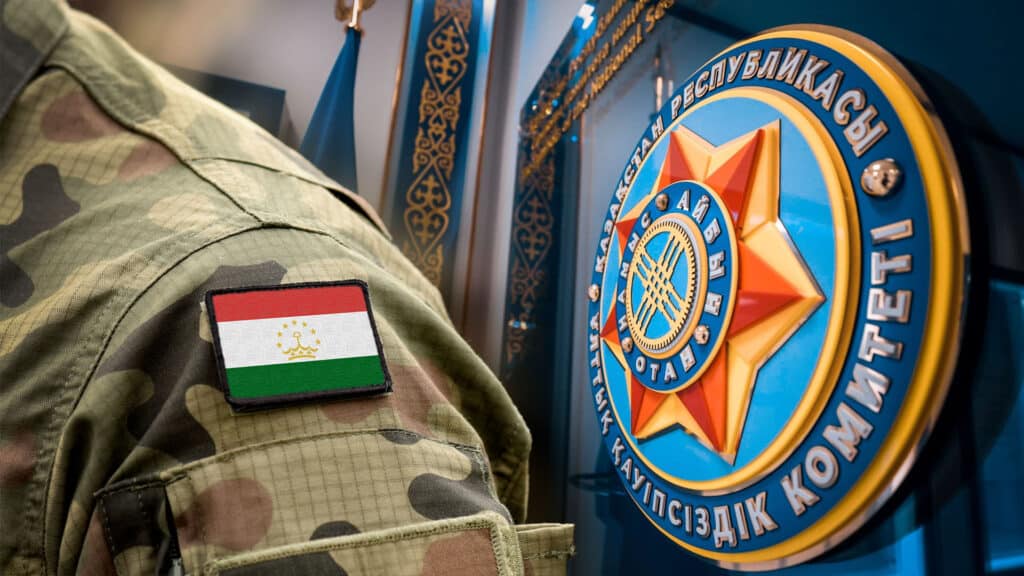Kazakhstan’s National Security Committee to train Tajikistan’s border troops

Kazakhstan and Tajikistan are set to sign an agreement to train Tajik border troops at the Academy of the National Security Committee (known by its Russian acronym KNB) of Kazakhstan. Kazakhstan’s government has published a draft decree concerning the agreement on the open legal acts portal for public comment.
The agreement outlines the selection, education and training requirements for Tajik citizens at Kazakhstan’s Academy of the Border Service under the KNB. According to the document, the host country will accept servicemen for training within the academy’s budgetary limits.
Both countries are required to coordinate the trainees’ fields of study annually, finalizing training contracts based on written requests. Kazakhstan will provide information on available areas of training and the number of enrollment slots six months before the start of the academic year. Tajikistan is responsible for conducting professional selection, medical checkups and competitive entrance examinations for the applicants.
Eligibility criteria for applicants include:
- Individuals with secondary or post-secondary education who have not previously served in the military, aged 17 to 21 at the time of enrollment.
- Those who have completed military service or served in special state bodies, as well as compulsory military personnel, aged up to 24 in the year of enrollment.
- Military personnel serving under contract or in special state bodies, aged up to 25 in the year of enrollment.
The training will be conducted in Kazakh or Russian, requiring applicants to have a basic (A2) level of proficiency. Speaking and writing skills will be tested by Kazakhstani experts.
During the training, the academy will provide the servicemen with a monthly stipend, uniforms, lodging and food, as well as the necessary consumables for their education. The servicemen will also be entitled to medical care, including hospital treatments. Overalls for working with the equipment will be given temporarily and must be returned after the training ends.
Earlier this year, the KNB proposed changing the flag and emblem for its special purpose service «A,» the foreign intelligence service and the KNB Academy. The committee said that these new symbols would serve as a constant reminder to law enforcers of their mission to the public and the state. In August, President Kassym-Jomart Tokayev authorized the KNB Border Service to combat human trafficking.

